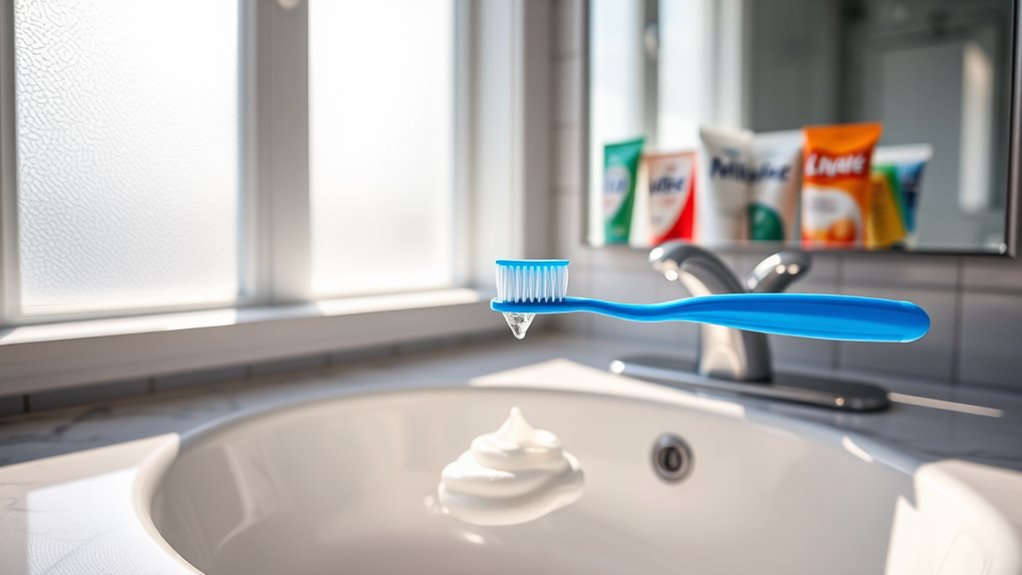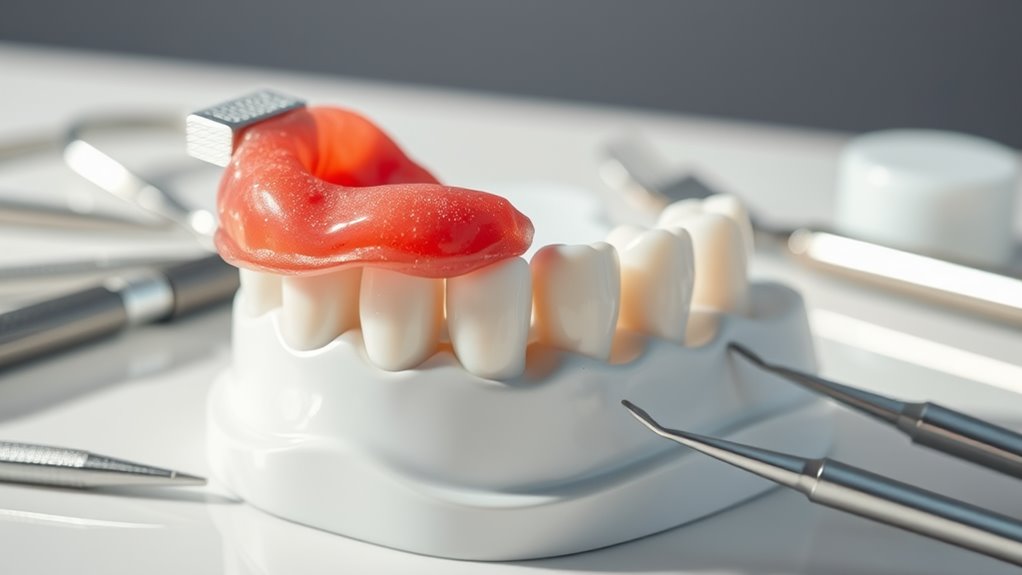Talking to Your Dentist About Anxiety- A Guide
Navigating the world of dental visits can sometimes feel like walking through a maze. It’s completely normal to have concerns or anxiety about your appointments. Understanding that you’re not alone in this experience is crucial. By discussing your feelings openly with your dentist, you’re taking a valuable step towards a more manageable and comfortable experience. What strategies and tools can you explore together to ease this journey?
Understanding Dental Anxiety
Dental anxiety can feel overwhelming, but understanding it’s the first step toward overcoming those nerves. You’re not alone; many people share this experience.
It’s important to recognize that communicating dental anxiety to your dentist can make a huge difference. By expressing your feelings, you help them tailor their approach to your needs, ensuring you feel more comfortable.
Understand that your concerns are valid and that your dentist is there to help you navigate this challenge. Practicing conscious breathing can be an effective way to manage your anxiety during your appointment.
Take a moment to breathe, trust that sharing your anxiety can lead to a more positive dental experience, and empower yourself in the process.
Preparing for Your Dental Appointment
Feeling anxious before a dental appointment is completely normal, but preparing for your visit can help ease those nerves. Here are some tips to feel more at ease:
-
Write down your concerns: Jot down what worries you to clarify your thoughts.
-
Choose a calming routine****: Whether it’s meditation or deep breathing, find what relaxes you before you go.
-
Ask a friend for support: Bring a loved one along for comfort.
-
Arrive early: Give yourself time to get settled and breathe before your appointment.
Preparation can make your experience more manageable and less daunting. You’re not alone in this! Additionally, consider incorporating Progressive Muscle Relaxation techniques, which can help manage anxiety before your dental visit.
Communicating Your Fears Effectively
When you reach out to your dentist about your anxiety, it helps to clearly communicate what triggers your fear. Sharing past experiences can provide context and build understanding. Together, you can also explore relaxation techniques that work best for you, ensuring a more comfortable visit. Additionally, informing your dentist about your anxiety can lead to the use of modern pain management techniques that help minimize discomfort during your appointment.
Identify Specific Triggers
Although it’s normal to feel anxious about dental visits, identifying specific triggers can help you communicate your fears more effectively to your dentist.
Here are some common triggers you might consider:
-
Sounds: The whir of drills or suction can be overwhelming.
-
Sight: Needles or unfamiliar dental tools may cause distress.
-
Past Experiences: A negative encounter can linger in your mind.
-
Control: Feeling vulnerable or helpless in the chair can increase anxiety.
Discuss Past Experiences
Many people carry the weight of past negative dental experiences, which can heighten current anxiety. When you discuss these experiences with your dentist, be honest about how they affected you.
Let them know if a previous visit was painful, stressful, or traumatic. This openness helps your dentist understand your fears and tailor their approach to make you feel safe. They can provide accommodations, like extra breaks or a quieter environment.
Explore Relaxation Techniques
It’s common to feel anxious about dental visits, but exploring relaxation techniques can help ease your fears.
By practicing these methods, you can create a calmer experience:
-
Deep Breathing: Inhale slowly through your nose, hold for a moment, then exhale through your mouth. Repeat.
-
Visualization: Picture a peaceful scene, like a beach or quiet forest, to distract your mind.
-
Progressive Muscle Relaxation: Tense each muscle group for a few seconds, then relax them.
-
Listening to Music: Bring headphones and your favorite playlist to enjoy during the appointment.
Try these tips; they can make a noticeable difference!
Exploring Coping Strategies With Your Dentist
When you talk to your dentist about anxiety, consider working together to identify your specific triggers. They can also share relaxation techniques that might help you feel more at ease during your visits. Additionally, discussing medication options could provide you with extra support to manage your anxiety effectively. Practice deep breathing as a simple yet effective method to activate your body’s relaxation response during appointments.
Identifying Triggers Together
While dental anxiety can feel overwhelming, discussing it openly with your dentist can make a significant difference in managing your feelings.
Together, you can identify triggers that contribute to your anxiety. Here are some common areas to explore:
-
Specific sounds of dental equipment that make you uneasy.
-
Past experiences that have heightened your anxiety.
-
Feelings about dental procedures (e.g., fillings or cleanings).
-
The clinic environment and how it affects your comfort.
Relaxation Techniques Offered
Discussing relaxation techniques with your dentist can empower you to manage anxiety effectively during appointments. Your dentist might suggest deep breathing exercises, visualization techniques, or guided imagery to help ease tension.
They may also encourage you to listen to music or use stress-relief tools that promote relaxation. Progressive muscle relaxation can be an effective strategy, too.
Don’t hesitate to share what feels comfortable for you. By identifying these calming techniques together, you create a supportive environment, making each visit less daunting.
Medication Options Available
If relaxation techniques don’t fully address your dental anxiety, medication options might provide additional support.
Talking to your dentist can help you find the right approach tailored to your needs. Here are four options you could discuss:
- Nitrous Oxide – This sedative helps you feel relaxed during procedures.
- Oral Sedatives – Taken before your appointment, they help calm your nerves.
- Anti-Anxiety Medications – Prescription medicines can help in managing anxiety long-term.
- Anesthesia Options – Local or general anesthesia can eliminate discomfort during treatment.
Your dentist will help you understand these choices and what’s best for you.
Discussing Treatment Options
As you navigate your dental anxiety, exploring treatment options with your dentist can be a crucial step toward a more comfortable experience.
Don’t hesitate to share your concerns; your dentist can offer various techniques to help ease your mind. These might include sedation dentistry, relaxation techniques, or even specific procedures designed for anxious patients.
Ask about the pros and cons of each option, and together, you can tailor a plan that best suits your needs. Remember that dental anxiety is common and there are proven strategies to manage it effectively.
Building a Supportive Relationship With Your Dentist
Feeling comfortable with your dentist can significantly ease your anxiety. Building a supportive relationship involves open communication and trust.
Here are four ways to strengthen that bond:
-
Share your feelings – Talk about your anxiety; your dentist wants to help.
-
Ask questions – Knowledge can reduce fear. Don’t hesitate to inquire about procedures.
-
Establish signals – Create a hand signal to communicate during your visit if you need a break.
-
Schedule regular visits – Regular check-ups can help you get used to the environment, making it less intimidating.




